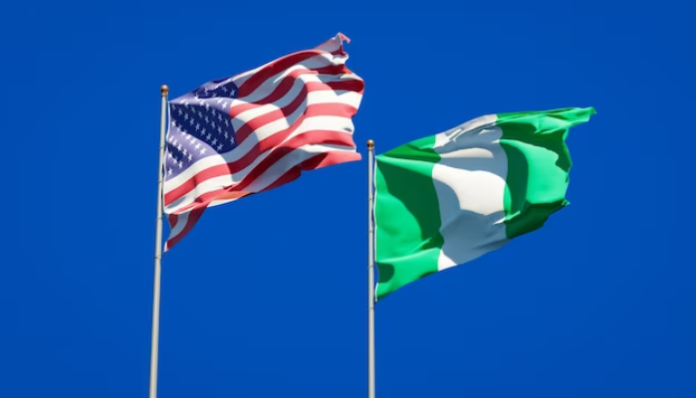The United States has reaffirmed its commitment to helping Nigeria tackle prevailing critical issues plaguing the nation, including insecurity, infrastructure energy initiatives and foreign exchange challenges.
Joy Basu, the deputy assistant secretary for the Bureau of African Affairs at the U.S. Department of State said this on Thursday during a digital press briefing on the just concluded 16th US -Africa Business Summit which held in Dallas, Texas, United states. Basu also emphasized the U.S.’s dedication to fostering collaboration to tackle these pressing concerns facing Africa’s largest economy.
Joined by Alice Albright, the CEO of Millennium Challenge Corporation, and Reta Jo Lewis, the president of the Export-Import Bank of the United States, Basu disclosed efforts to bolster trade and investment across the continent.
She lauded Nigeria’s monetary policies, and expressed optimism about their potential to strengthen the economy and support thriving Nigerian businesses.
The U.S. officials highlighted ongoing efforts to work closely with Nigerian authorities, the U.S. Treasury, and African central banks to restore economic stability and ensure prosperity for both public and private enterprises.
“We just came back from a meeting in Abuja which was between the Secretary of states. And the United States is committed to being a good partner of prospect. We have made commitments to work on the security situation, infrastructure and energy which is a common challenge not only in Nigeria but in some other countries in the Continent,” Basu said.
“We have made concrete commitments to work on an enabling business environment in Nigeria and to make sure that American companies that are investing in Nigeria are having a transparent experience.
“We are working closely with our US treasury, and with the central banks of African countries particularly Nigeria and the world bank to restore the economy, help the people and ensure public and private companies to thrive.”
On her part, Albright disclosed that out of the $17 billion invested in Africa thus far, nearly 10 billion dollars were allocated to infrastructure projects, with an additional $3 billion earmarked for active programs in the region.
In her remarks, Lewis emphasised the importance of transparency, accountability, in fostering stronger U.S.-Africa partnerships.
She announced a $900 billion funding in direct loans to support the construction of solar power plants in Africa.
She noted that these represented the largest renewable energy project and transaction of the year.
She encouraged journalists to continue highlighting the positive strides being made in the region, while also acknowledging the challenges that remain.
Lewis elaborated further on the Exim Bank’s initiatives, highlighting authorizations of over 1.6 billion dollars in sub-Saharan Africa.
She outlined key partnerships forged with African governments and institutions, aimed to stimulate competition and foster economic growth.
With a focus on supporting small and medium-sized enterprises (SMEs), Lewis emphasized Exim Bank’s commitment to providing additional financing, particularly for women-owned businesses.
She added that a significant portion of Eximbank’s transactions, amounting to 88.5%, are directed towards SMEs.
“Eximbank approved over 1.6 billion dollars in authorization in sub-Saharan Africa, Signed 6 MoUs with African governments and institutions as well as MoUs amounting to 1.3billion dollars with the Afreximbank, Africa Finance Corporation and most recently the Bank of Industry in Nigeria. We are prepared to work with African countries and stakeholders from these MoUs to partner and foster competition.
“As it relates to SMEs we are the bank for everyone and we strive to make sure that both women-owned and small businesses get additional financing, with the significant amount that has been signed a lot is going for small businesses.
According to her, In addition to the work that the bank has done with the SMEs, they have been able to work with the numbers, and about a year authorized about 8.5 billion dollars, out of which 2.2 billion dollars of that transaction was for small businesses.
“88.5% of the transaction that Exim does on a yearly basis is in small businesses,” she said.
“We feel small businesses are going to be part of the work we do not only in the US but in Africa.”




